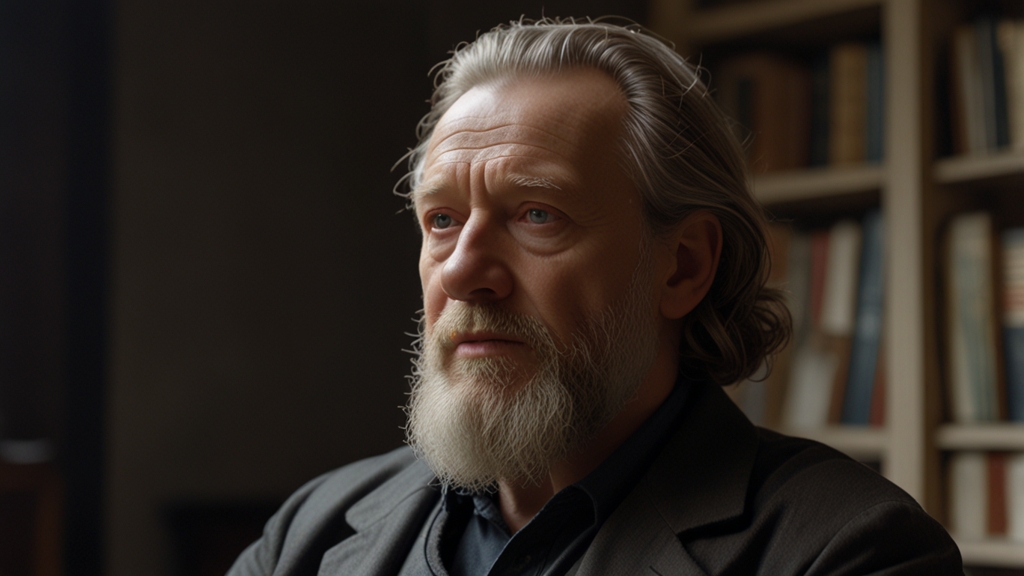The Battle of Beliefs: How Epistemology Shapes Our Understanding
Epistemology, the branch of philosophy concerned with the theory of knowledge, plays a crucial role in shaping our understanding of the world. By exploring the origins, nature, and limits of human knowledge, epistemology provides a framework for evaluating beliefs, justifying claims, and discerning truth from falsehood. This eternal quest for knowledge and understanding reveals the complex interplay between various epistemic theories and their impact on our perception of reality.
Foundations of Epistemology
At its core, epistemology seeks to answer fundamental questions: What is knowledge? How is knowledge acquired? Can we truly know anything for certain? These inquiries have given rise to several schools of thought, each offering a distinct perspective on the nature and acquisition of knowledge.
Rationalism, for example, posits that reason and intellect are the primary sources of knowledge. Pioneers like René Descartes argued that certain truths are innate and can be discovered through the use of logical deduction. In contrast, Empiricism emphasizes sensory experience and observation as the foundations of knowledge. Thinkers like John Locke and David Hume contended that all knowledge is derived from our interactions with the world, mediated through our senses.
"There is nothing in the intellect that was not first in the senses." - John Locke
Competing Theories and the Nature of Truth
The debate between rationalism and empiricism highlights the diverse methods by which humans seek to understand their environment. However, other epistemic theories also contribute to this rich tapestry of ideas.
Pragmatism, championed by philosophers like Charles Sanders Peirce and William James, proposes that the truth of a belief is determined by its practical consequences and utility. In other words, beliefs that prove useful and effective in solving problems are considered true. Meanwhile, Constructivism suggests that knowledge is not a passive reflection of reality but an active construction by individuals. This perspective is notably represented by Jean Piaget, who studied how people construct knowledge through their experiences and interactions.
"Truth happens to an idea. It becomes true, is made true by events." - William James
Implications for Knowledge and Understanding
How we approach epistemology influences our perception of knowledge and our methods of inquiry. Rationalists might prioritize abstract reasoning and logical analysis, whereas empiricists value empirical data and experimentation. Pragmatists, on the other hand, may focus on the practical applications and outcomes of beliefs, while constructivists examine the subjective processes involved in knowledge construction.
These different epistemic approaches have profound implications for various disciplines, from science and education to politics and ethics. In science, for instance, the empirical method, rooted in observation and experimentation, serves as the backbone of the scientific revolution and modern research practices. Educational models inspired by constructivist theories emphasize active learning and critical thinking, encouraging students to construct their own understanding of concepts.
Conclusion: The Epistemological Journey
The battle of beliefs in epistemology underscores the human quest for understanding and the diverse paths we take to uncover truth. By grappling with the nature of knowledge and the validity of our beliefs, we not only enrich our intellectual landscape but also enhance our ability to navigate the complexities of the world. Whether through reason, experience, practical outcomes, or constructive processes, epistemology remains a vital discipline that continues to shape our understanding and guide our pursuit of wisdom.











